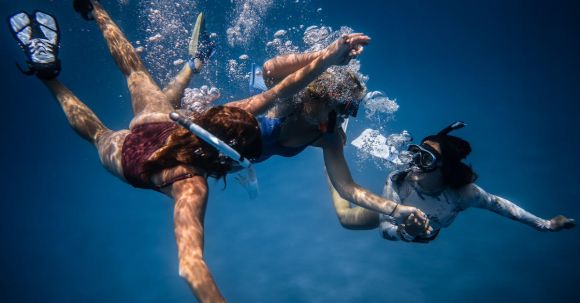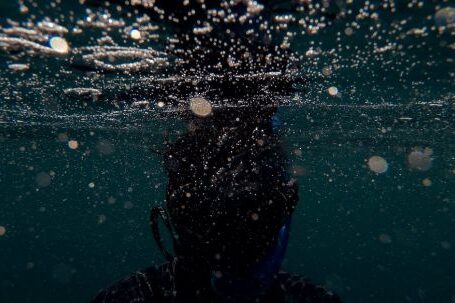Diving is an exhilarating activity that allows us to explore the wonders of the underwater world. However, it is important to prioritize safety when engaging in this sport. By following a few simple guidelines, divers can ensure a safe and enjoyable experience. In this article, we will discuss some essential diving safety tips.
Equipment Inspection: A Must-Do Before Every Dive
Before every dive, it is crucial to inspect all diving equipment thoroughly. This includes checking the condition of the mask, snorkel, fins, and buoyancy control device (BCD). Ensure that all straps are secure and that there are no signs of wear and tear. Additionally, it is important to check the air supply by examining the pressure gauge and ensuring that it is functioning correctly.
Buddy System: Safety in Numbers
One of the most important safety measures in diving is practicing the buddy system. Always dive with a partner who is trained in diving safety and can assist in case of an emergency. Communication is key, so establish a set of hand signals that you can use to communicate underwater. Regularly check in with your buddy throughout the dive to ensure that both of you are safe and comfortable.
Proper Training: Knowledge is Power
Proper training is essential for any diver, regardless of experience level. Enroll in a certified diving course to learn the necessary skills and techniques. This will provide you with the knowledge needed to handle various situations and minimize risks. Stay up to date with your training by participating in refresher courses and practicing diving skills regularly.
Plan Your Dive: Safety First
Before every dive, it is crucial to plan your dive and dive your plan. This involves assessing the dive site, understanding the current and weather conditions, and determining the maximum depth and time for the dive. Always dive within your limits and avoid pushing yourself beyond your comfort zone. It is better to err on the side of caution when it comes to your safety.
Equalize Your Ears: Prevent Barotrauma
Barotrauma, or the injury caused by the difference in pressure between the middle ear and the outside environment, is a common diving-related condition. To prevent barotrauma, it is important to equalize your ears as you descend. This can be done by gently pinching your nose and blowing gently, allowing air to enter your middle ear and equalize the pressure.
Monitor Your Air Supply: Don’t Push the Limits
Your air supply is your lifeline underwater, so it is crucial to monitor it closely. Keep track of your air consumption and plan your dive accordingly. Never push the limits of your air supply or stay underwater longer than what is deemed safe. Always ascend with a reserve of air to ensure a safe ascent.
Conclusion: Safety Above All
Diving is a thrilling adventure, but it should never come at the expense of safety. By following these diving safety tips and guidelines, you can ensure a safe and enjoyable experience underwater. Remember to inspect your equipment, dive with a buddy, undergo proper training, plan your dives, equalize your ears, and monitor your air supply. Prioritize safety above all else, and you will be able to explore the underwater world with confidence and peace of mind.





